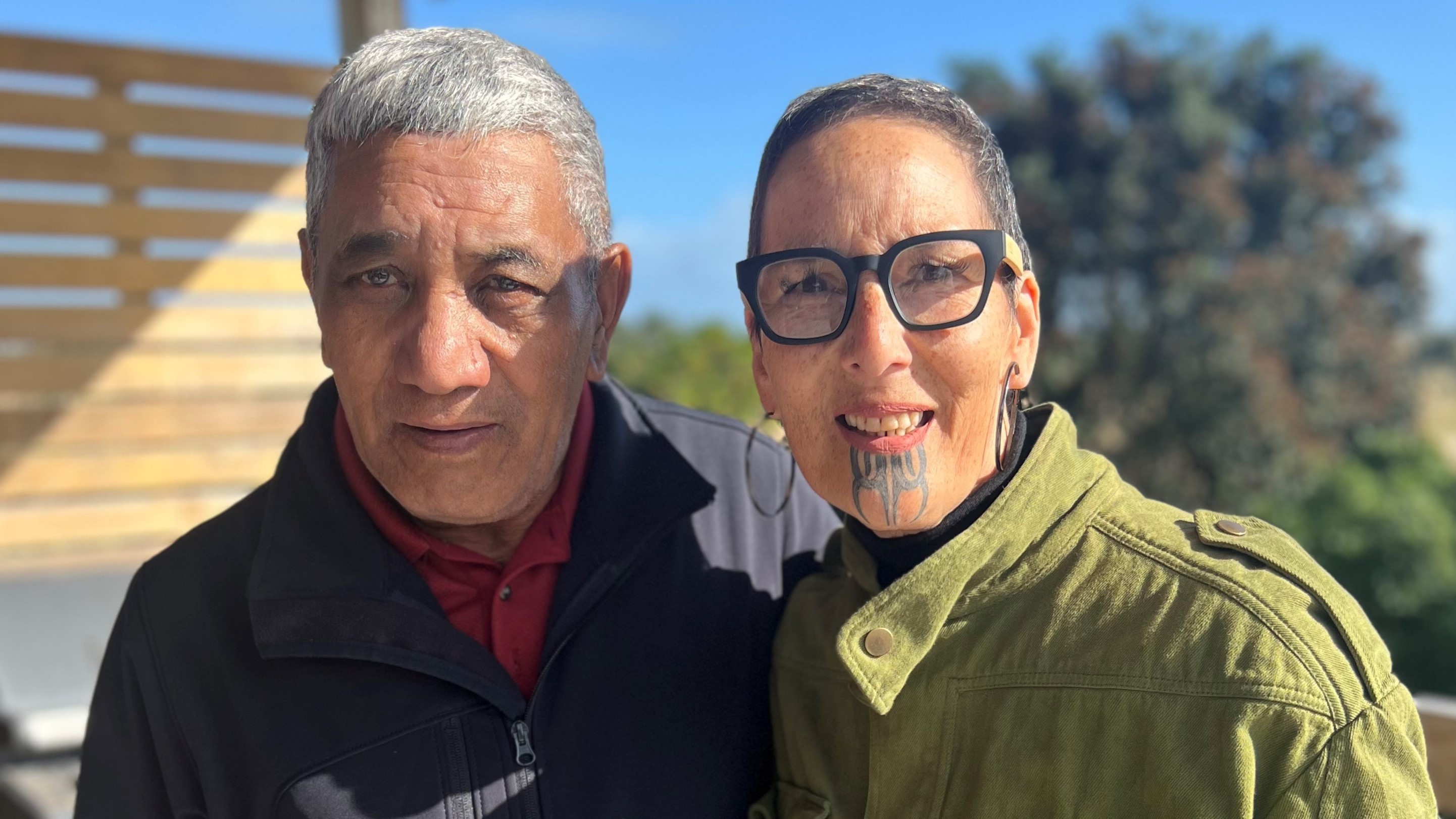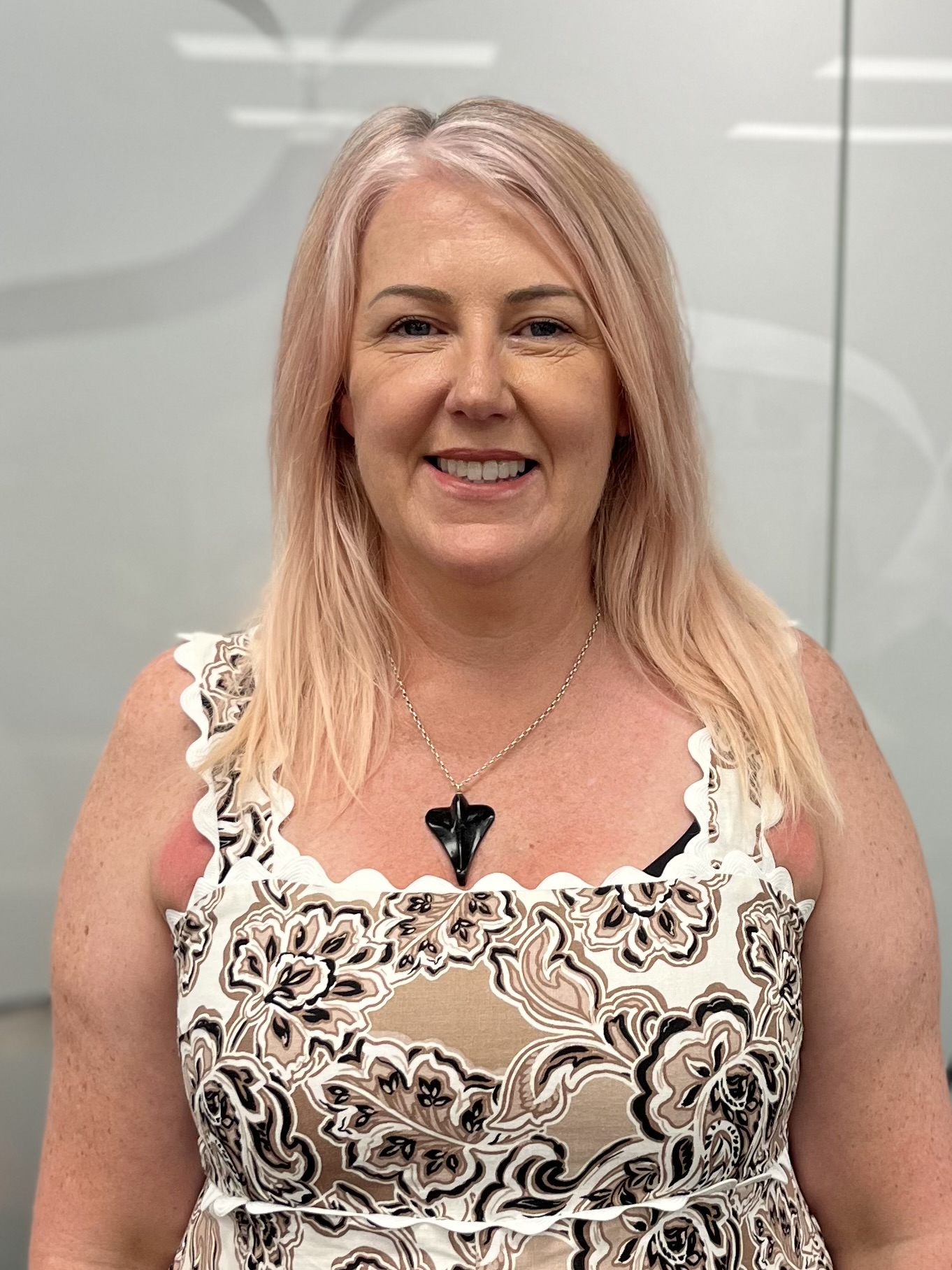Priscilla's story in her own words:
I was a Māori baby born to a Pākeha mother in 1969. Societal pressure and no means of support meant that I was put up for adoption.
The legislation at the time meant that connection between birth family and adoptive families was severed. I was adopted into a Pākeha home to parents who already had three biological children.
I was the first adopted of four, which meant I grew up in a large family of seven children. I have a Māori brother, a Samoan sister with my other siblings of European descent. I grew up in an environment of love and strength and where whānau was paramount.
I reflect that my parents were progressive ‘in their day’ around upbringing and understanding the importance of my Māori heritage. I also knew that my Pākeha father was keenly aware that he couldn’t provide whakapapa.
I think his way of compensating was to learn everything he could around history relating to Aotearoa and Māori – and to try and understand the importance of Te Tiriti o Waitangi, well before societal interest and to offer as much as he could with knowledge of these things.
I remember being curious as a child, wondering what my birth parents were like – but this became stronger when I had children in my twenties
Support from my adoptive parents
My adoptive parents provided me with what legal information they had around my adoption and pointed me in the direction of the “Adoption Unit” placed within the New Zealand Children and Young Persons Service.
Because of change within legislation, it meant that I had greater access relating to my adoption and the ability to find out who my birthmother was.
The adoption Unit supported me to do this in my late twenties and I discovered that my birth mother lived in Australia.
Contacting my birth mother
Reaching out and contacting her, was probably one of the hardest decisions I have ever made, where I felt like I ran the risk of abandonment and rejection. These feelings around my adoption had haunted me throughout my life, regardless of the loving and nurturing parents I had.
The potential idea of these feelings being confirmed by a woman that gave birth to me, was traumatising.
What resulted was an admission from my birth mother and a tenuous relationship ensued. I remember her focus was whether I had had a good life and whether she had done the right thing for me.
She celebrated discovering me and she was able to talk about her life, my adoption from her perspective and get to know a little about me, my family, and my children.
Pursuing my whakapapa
I learnt valuable health history and found common ground in talents and traits that we shared through DNA.
What I really struggled with through this time was the resistance from her to share anything about my birth father. However, I was determined, as I believed that this was my right and that as a Māori woman, I needed to know my whakapapa.
She did not share my belief and severed the relationship with me. On reflection, although difficult at the time – I can’t even imagine the trauma of what she went through with me, the loss, the grieving, the secrets and the societal pressure at the time, and the lifelong effect that that has ended up having for her.
Continuing the search for my birth father
The desire and journey to find my birth father continued. As my biological children grew, the disconnection to whakapapa became their journey as well.
Every few years, I would build enough resilience to have another go at trying to find my birth father and therefore whakapapa.
I can’t describe how bereft I would feel when I ‘hit a brick wall’ and no information was forthcoming. Yet sporadically, when I had built up the strength to try again, I would spend days in libraries, pouring over microfiche, electoral records, phone books, telling random people my story over and over again, in the hope that they might be able to help me.
I called people that I had a tenuous lead on and asked if they knew my birth mother, grabbing onto threads that were fragile at best.
Opening my adoption records
A few years ago, I went back to the Adoption Team in Canterbury and asked for help again. I was bound by the same legislation that I was born under and appealed to the Court with a Section 23.
Section 23 of the Adoption Act 1955 restricts access to the Court’s adoption records and outlines when these records can be opened for inspection and/or production. A court adoption record can be opened and inspected when a Judge determines that there is a special ground for granting access – under S23 (3) (b) (iii) Adoption Act 1955.
Section 23 of the Adoption Act factsheet.
I was asking the Judge to open records, specifically social work records that might give me a clue or a direction to pursue.
The Judge's ruling
The Judge ruled for records to be opened, but his wording only gave provision to legal documents pertaining to my adoption not social work case notes that I hoped for.
This legal information was not new to me as I had collated this information over my adult life, and it gave nothing I didn’t already know. I vocalised to anyone who would listen, the cumulative trauma that this legislation had caused – the archaic law that promoted disconnection and lack of identity and withheld my right to whakapapa.
So, this is the segue into the most recent connection to the Adoption Team, again, and toward the end of 2023.
Help from the Adoption Team
I had heard that there had been some work done, through policy writing that would potentially help in finding and contacting my birth father.
The policy enabled the Adoption Team to undertake research relating to information held about me and my birth father. Further to this, there was provision for the team to search and find him and then make an approach.
It sounds fairly simple; however, the process was one where sensitivity, integrity and intense research had to be exercised.
Alongside this, I had done a DNA test through Ancestry.com which provided links to whānau across the country. It also enabled the Adoption Team, to use these whānau links to solidify some of the researching they were doing.
A breakthrough and finding my birth father
At the end of 2023, the Adoption Team approached a man in Auckland and alongside his wife, he agreed to help try and find connection to whānau for me.
My adoption story came with conflicting information, with gaps in timelines. He was unsure of whether he was my birth father, but he understood the importance of whakapapa for me.
We started corresponding via email (all supported by the Adoption Team) and in early 2024, I asked if he would do a DNA test to further help me.
On the 27 March 2024, I received a phone call. My birth father after agreeing to a DNA test, had received his results and discovered he had a daughter that had been searching her entire life for who and how she connected to Te Ao Māori.
Discovering what was missing
In May 2024, as I celebrated my 55th birthday, I spent the weekend in the Waikato, discovering my father, his wife, and siblings.
My husband and biological children had the opportunity to see the ‘missing’ in me begin to heal and similarly I imagine, their own journeys began to resolve.
The Adoption Service are able to offer support for adult adoptees when trying to reconnect with their biological family, I’m one of them.
I acknowledge my adoptive parents and the family I grew up in, with love and protection.
Ko Piutara Maaka tōku matua.
He uri ahau nō te waka o Tainui.
Mauri Ora.



